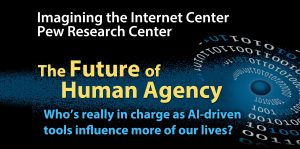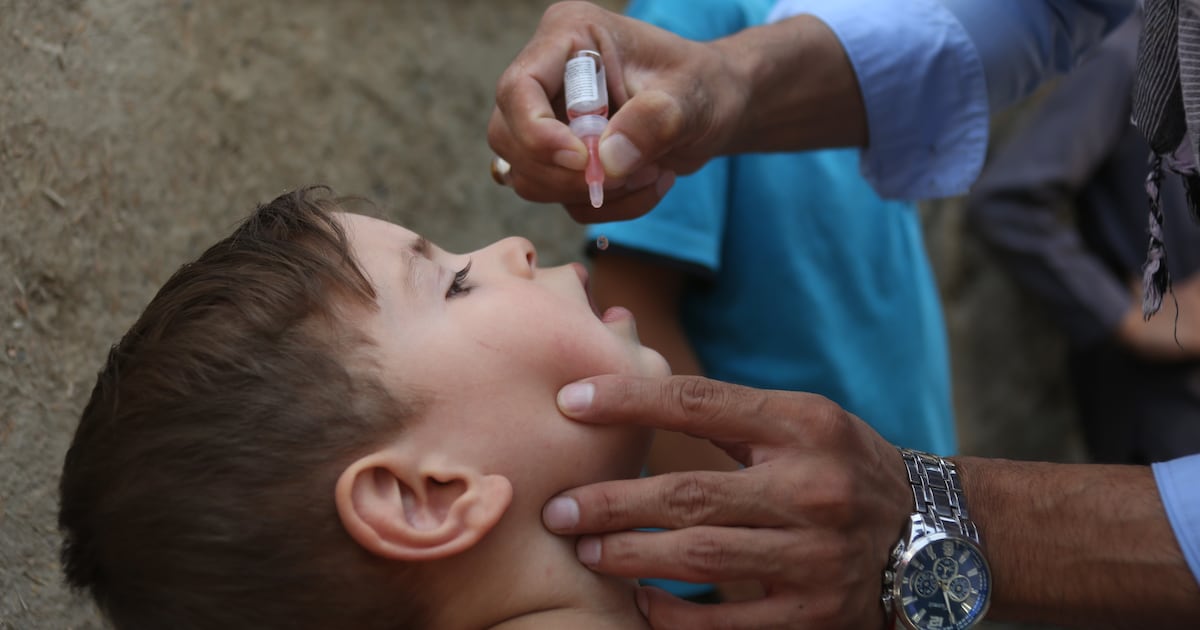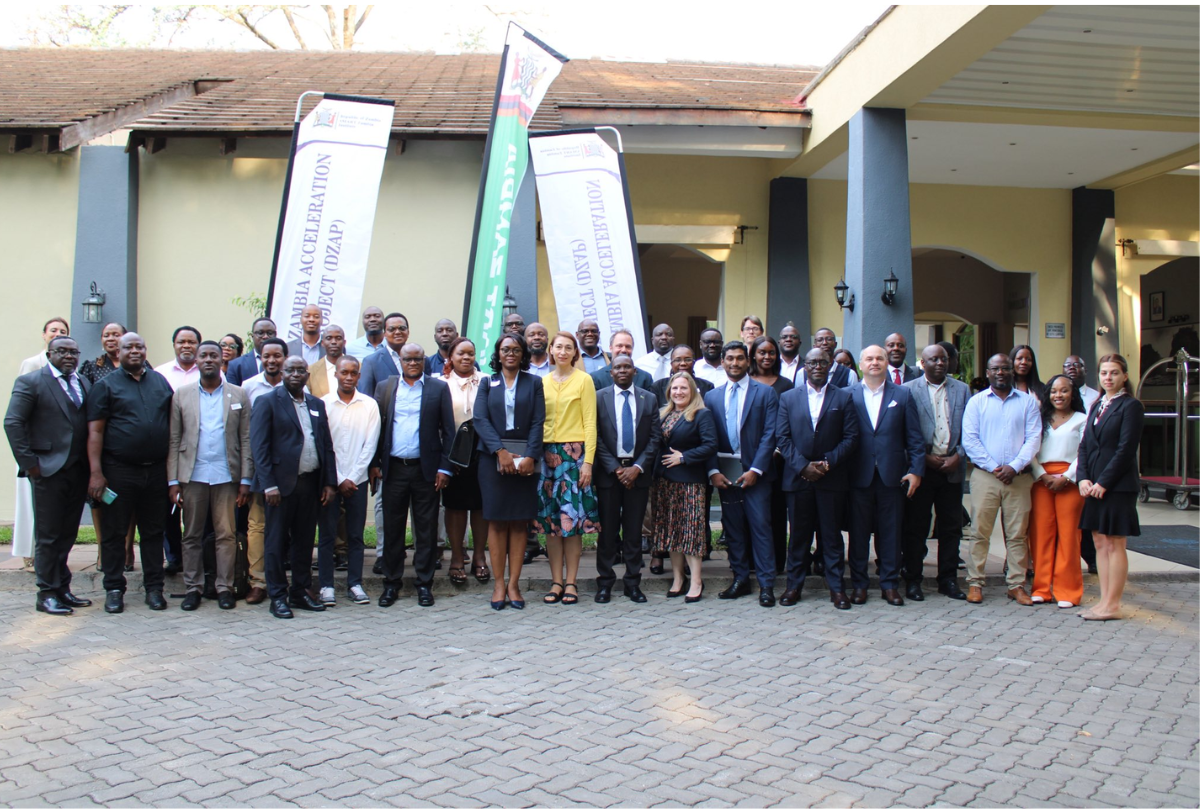Do anti-bribery laws work when doing international business? New research sheds light – Northeastern Global News

Report on Multinational Corporate Behavior in Relation to Corruption and Sustainable Development Goal 16
Introduction
This report analyzes research on the investment behavior of multinational corporations in response to varying levels of corruption in host countries. The findings are examined through the lens of the United Nations Sustainable Development Goals (SDGs), with a particular focus on SDG 16, which aims to promote peace, justice, and strong institutions. Corruption and bribery directly undermine SDG Target 16.5, which calls for a substantial reduction of these practices in all their forms. Understanding corporate responses to corruption is therefore critical to assessing progress toward this global objective.
Research Overview and Methodology
Research co-authored by Professor Alvaro Cuervo-Cazurra of Northeastern University investigates how multinational businesses adapt to or avoid corruption. The study addresses a central question: whether companies develop a “clean hands” approach, adhering to anti-corruption standards, or a “dirty hands” approach, learning to engage in corrupt systems.
- Data Collection: The research team compiled and analyzed a comprehensive database of investments made by multinational corporations over several years.
- Qualitative Analysis: Interviews were conducted with business professionals to understand their direct experiences and strategies for dealing with corruption, such as bribery solicitations.
- Methodological Challenge: A primary challenge in this research is the inherent opacity of corruption. Since illicit activities are concealed, researchers must infer behavior from investment patterns and qualitative data rather than direct observation of illegal acts.
Key Findings on Corporate Investment Strategies
The study reveals that a corporation’s home country environment is a significant predictor of its conduct abroad. This leads to two divergent patterns of behavior when investing in countries with high levels of corruption.
- Capability Transfer: Companies originating from countries with high domestic corruption often develop the capabilities to navigate similar environments abroad. They may transfer this “learning” to other corrupt markets, perpetuating practices that conflict with SDG 16.
- Deterrence and Avoidance: Conversely, companies from home countries with low corruption levels and strong anti-bribery legislation are generally discouraged from investing in corrupt nations. If investment is necessary, they are more likely to implement robust ethical frameworks to operate with “clean hands.”
Implications for Sustainable Development Goal 16: Peace, Justice and Strong Institutions
The research findings have profound implications for the achievement of SDG 16. The prevalence of corruption is a major impediment to building effective, accountable, and inclusive institutions at all levels.
- Undermining Institutions: When multinational corporations engage in bribery, they weaken the rule of law and public trust, directly contravening the spirit of SDG 16.
- Promoting Transparency: The “clean hands” approach, adopted by companies adhering to strict ethical codes, supports SDG Target 16.5 by refusing to participate in bribery and promoting transparent business practices.
The Role of National Legislation in Upholding Global Goals
The study highlights the effectiveness of robust national laws in influencing corporate behavior on a global scale, thereby acting as a key mechanism for advancing SDG 16.
Effective Legal Frameworks
- The US Foreign Corrupt Practices Act (FCPA) and the UK Bribery Act are cited as powerful deterrents against multinational companies engaging in bribery abroad.
- Research indicates that these laws are effective in discouraging illicit behavior and encouraging corporations to avoid corrupt practices, aligning their operations with the principles of SDG 16.
- This demonstrates how national-level policies contribute to the global partnership for sustainable development, as outlined in SDG 17 (Partnerships for the Goals).
1. SDGs Addressed in the Article
SDG 16: Peace, Justice and Strong Institutions
- The article’s central theme is corruption and bribery in international business, which directly relates to SDG 16’s goal of promoting just, peaceful, and inclusive societies. The research discussed analyzes how multinational companies navigate corrupt systems, the effectiveness of anti-bribery laws, and the challenge of building transparent institutions. The text explicitly mentions “bribery,” “corruption,” and the laws designed to prevent it, such as the “US Foreign Corrupt Practices Act and the UK Bribery Act,” which are core elements of building strong and accountable institutions.
SDG 8: Decent Work and Economic Growth
- The article connects corruption to economic activity by examining its impact on foreign investment. It poses the question of whether corruption deters investment: “Do other countries and companies avoid it or do they develop the ability to engage in it?” The text notes that “Companies in general are discouraged by corruption,” which implies that corruption is a barrier to the investment needed for sustainable economic growth.
SDG 17: Partnerships for the Goals
- The article discusses the global nature of business and corruption, highlighting the interactions between multinational companies and host countries. This involves global partnerships. The research itself, which analyzes a “database of investments of multinational countries from around the world,” represents a multi-stakeholder effort (academia and business) to share knowledge on a global issue. Furthermore, the mention of international anti-bribery laws demonstrates policy coherence and cooperation between countries to tackle a shared problem.
2. Specific Targets Identified
Under SDG 16: Peace, Justice and Strong Institutions
- Target 16.5: Substantially reduce corruption and bribery in all their forms. The entire article is dedicated to this target. The research it describes aims to “disentangle the dirty hands versus clean hands approach of multinationals” in dealing with corruption and analyzes how companies “learn to work within the corrupt system by paying bribes or operate without engaging in it.”
- Target 16.6: Develop effective, accountable and transparent institutions at all levels. The article implicitly addresses this by contrasting countries with high and low levels of corruption. It highlights the role of effective legal institutions, stating that laws like the US Foreign Corrupt Practices Act “are effective in discouraging misbehavior,” which points to the development of accountable systems that extend their influence globally.
Under SDG 8: Decent Work and Economic Growth
- Target 8.1: Sustain per capita economic growth in accordance with national circumstances. The article implies this target by discussing how corruption affects foreign investment decisions. The statement that “Companies in general are discouraged by corruption” suggests that reducing corruption could encourage more investment, thereby contributing to economic growth in host countries.
Under SDG 17: Partnerships for the Goals
- Target 17.16: Enhance the global partnership for sustainable development, complemented by multi-stakeholder partnerships that mobilize and share knowledge. The research co-authored by Professor Alvaro Cuervo-Cazurra is a prime example of this target in action. It is an academic effort to create and share knowledge (“created a database of investments,” “conducted interviews”) about the global issue of corporate corruption to inform business and policy.
3. Indicators Mentioned or Implied
For Target 16.5 (Reduce corruption and bribery)
- Implied Indicator: Prevalence of bribery experienced by businesses. The article mentions that researchers “conducted interviews with people about how they dealt with corruption, like being offered a bribe.” This method is a way to gather data on the frequency and nature of bribery, similar to official SDG indicator 16.5.1.
- Implied Indicator: Number of prosecutions for corruption. The article notes the difficulty in observing corruption, stating, “it’s hard to confirm it’s happened unless the people involved are charged.” This directly implies that the number of people or companies charged with bribery is a tangible, though challenging, indicator of anti-corruption efforts.
- Implied Indicator: Investment patterns based on corruption levels. The research methodology itself serves as an indicator. The article states that the team “created a database of investments of multinational countries” and “identified the effects of corruption based on previous investing behavior.” This analysis of investment flows in relation to a country’s perceived level of corruption is used as a proxy to measure the impact of corruption.
For Target 16.6 (Develop effective institutions)
- Implied Indicator: Existence and effectiveness of national anti-corruption legislation with extraterritorial reach. The article explicitly names the “US Foreign Corrupt Practices Act” and the “UK Bribery Act” and concludes, “What we find is that these are effective in discouraging misbehavior.” The existence and measured effectiveness of such laws are clear indicators of strong institutional frameworks.
4. Summary Table of SDGs, Targets, and Indicators
| SDGs | Targets | Indicators Identified in the Article |
|---|---|---|
| SDG 16: Peace, Justice and Strong Institutions |
16.5: Substantially reduce corruption and bribery in all their forms.
16.6: Develop effective, accountable and transparent institutions at all levels. |
– Prevalence of bribery offers (from interviews about “being offered a bribe”). – Number of people/companies charged for corruption. – Investment behavior of multinationals based on corruption levels. – Existence and effectiveness of anti-bribery legislation (e.g., US Foreign Corrupt Practices Act). |
| SDG 8: Decent Work and Economic Growth | 8.1: Sustain per capita economic growth in accordance with national circumstances. | – Impact of corruption on foreign investment decisions (“Companies in general are discouraged by corruption”). |
| SDG 17: Partnerships for the Goals | 17.16: Enhance the global partnership for sustainable development… that mobilize and share knowledge. | – Creation and analysis of a global database on multinational investments to understand corruption (the research itself). |
Source: news.northeastern.edu

What is Your Reaction?
 Like
0
Like
0
 Dislike
0
Dislike
0
 Love
0
Love
0
 Funny
0
Funny
0
 Angry
0
Angry
0
 Sad
0
Sad
0
 Wow
0
Wow
0

















































































